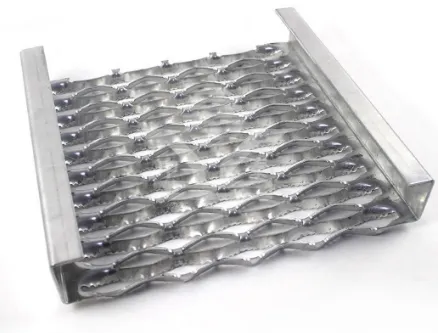Understanding Wire Mesh Fence Prices Factors and Insights
Wire mesh fences are increasingly popular for various applications, including residential, commercial, and agricultural purposes. They offer durability, security, and a straightforward installation process. However, when considering a wire mesh fence, understanding the pricing structure is essential for making an informed decision. This article explores the factors impacting wire mesh fence prices, helping consumers to budget adequately for their projects.
Material Quality and Type
One of the primary determinants of wire mesh fence prices is the material quality. Wire mesh can be made from several materials, including galvanized steel, stainless steel, or vinyl-coated wire. Galvanized steel is the most common option due to its balance of strength and affordability. However, stainless steel offers superior corrosion resistance, making it ideal for coastal areas or environments with high moisture content. Vinyl-coated wire mesh adds aesthetic appeal and extra protection against wear and tear. Consequently, the type of material you choose will significantly influence the overall cost.
Fence Height and Design
The height of the wire mesh fence is another vital factor in determining the price. Standard heights range from 3 to 8 feet, with taller fences typically costing more due to the additional material required for construction. Moreover, the design of the fence can also impact the price. Simple designs with straightforward utility will generally be more affordable than intricate patterns or those incorporating added features, such as decorative elements or integrated gates.
Installation Costs
wire mesh fence price

Installation is a crucial component of the total cost of a wire mesh fence. While some homeowners may choose to install the fence themselves to save money, hiring a professional can ensure a higher-quality installation that adheres to local regulations and standards. Installation costs can vary based on factors such as the complexity of the terrain, the need for additional support structures, and the contractor’s rates. On average, professional installation can add anywhere from $1 to $5 per linear foot to the overall cost.
Length of the Fence
The price of wire mesh fencing is also influenced by the total length required. Most suppliers price their products per linear foot, so larger projects will typically incur higher costs. It's essential to calculate the total perimeter to determine the amount of material required accurately. Keep in mind that purchasing in bulk often yields discounts, making it beneficial to plan for larger needs upfront.
Additional Features
Finally, any additional features you wish to incorporate can affect the overall price. Options such as gates, barbed wire, or extra security measures can add to the cost. These elements can enhance the functionality and security of your fence, but they also need to be factored into your budget.
Conclusion
In conclusion, wire mesh fence prices are influenced by several factors, including material quality, height, design, installation costs, total length, and any additional features. By understanding these elements, consumers can make educated decisions and establish a budget that accommodates their fencing needs. Whether for security, privacy, or demarcation, investing in the right wire mesh fence can provide long-lasting value and peace of mind.
-
Why Galvanized Trench Cover Steel Grating Resists Corrosion
NewsJul.10,2025
-
The Versatility and Strength of Stainless Expanded Metal Mesh
NewsJul.10,2025
-
Load Calculations in Steel Grating Platforms
NewsJul.10,2025
-
Keeping Pets and Kids Safe with Chicken Wire Deck Railing
NewsJul.10,2025
-
Hole Diameter and Pitch for Round Perforated Metal Sheets
NewsJul.10,2025
-
Aluminium Diamond Mesh in Modern Architecture
NewsJul.10,2025
Subscribe now!
Stay up to date with the latest on Fry Steeland industry news.

